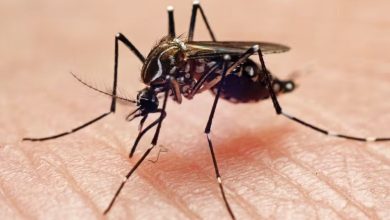2-year-old attacked by ‘extremely dangerous’ coyote Tuesday morning is in critical condition, multiple agencies are involved in the search of the animal

Dallas, TX – ‘Extremely dangerous’ coyote attacked and injured 2-year-old child in Dallas Tuesday morning leaving the toddler in critical condition.
According to multiple reports, the attack took place Tuesday morning around 8:30 a.m. in the Lake Highlands area while the child was sitting on the front porch of a home on Royalpine Drive.
While for many this attack is considered unusual, this is not the first attack of its type in the city of Dallas.
Right after the attack, the child underwent surgery and is still in critical condition.
The dangerous animal is still free and several agencies, including Texas Parks & Wildlife and USDA Wildlife Services are involved in the search. They are looking in a wooded area along White Rock Trail.
“This is extremely unusual,” said Dallas Parks & Rec Urban Biologist Brett Johnson. “My understanding is the kid was on the porch, and the coyote approached.”
Shortly after the coyote attacked the child, local police officer saw the animal and fired one shot, but it’s unclear if he shot the animal or not. The animal disappeared in the woods and the local authorities later set traps in that particular area.
“When a coyote attacks, it’s usually an unwell coyote, a coyote that’s not healthy,” explained Sam Kieschnick with Texas Parks & Wildlife. “That’s a coyote that should be removed from the population.”
“The coyote most likely has a pretty good case of mange, and you can see the ribs on the side of it,” Johnson said. “Looks like it’s fairly emaciated.”
White Rock Elementary, which is close to the area where the attack took place, kept the students inside for the day and asked parents to come and pick up their children on their own.
Since late April, several local residents caught a coyote on cell phones and surveillance cameras.
People who live in or visit the area should be on high alert. The coyote is considered extremely dangerous.





